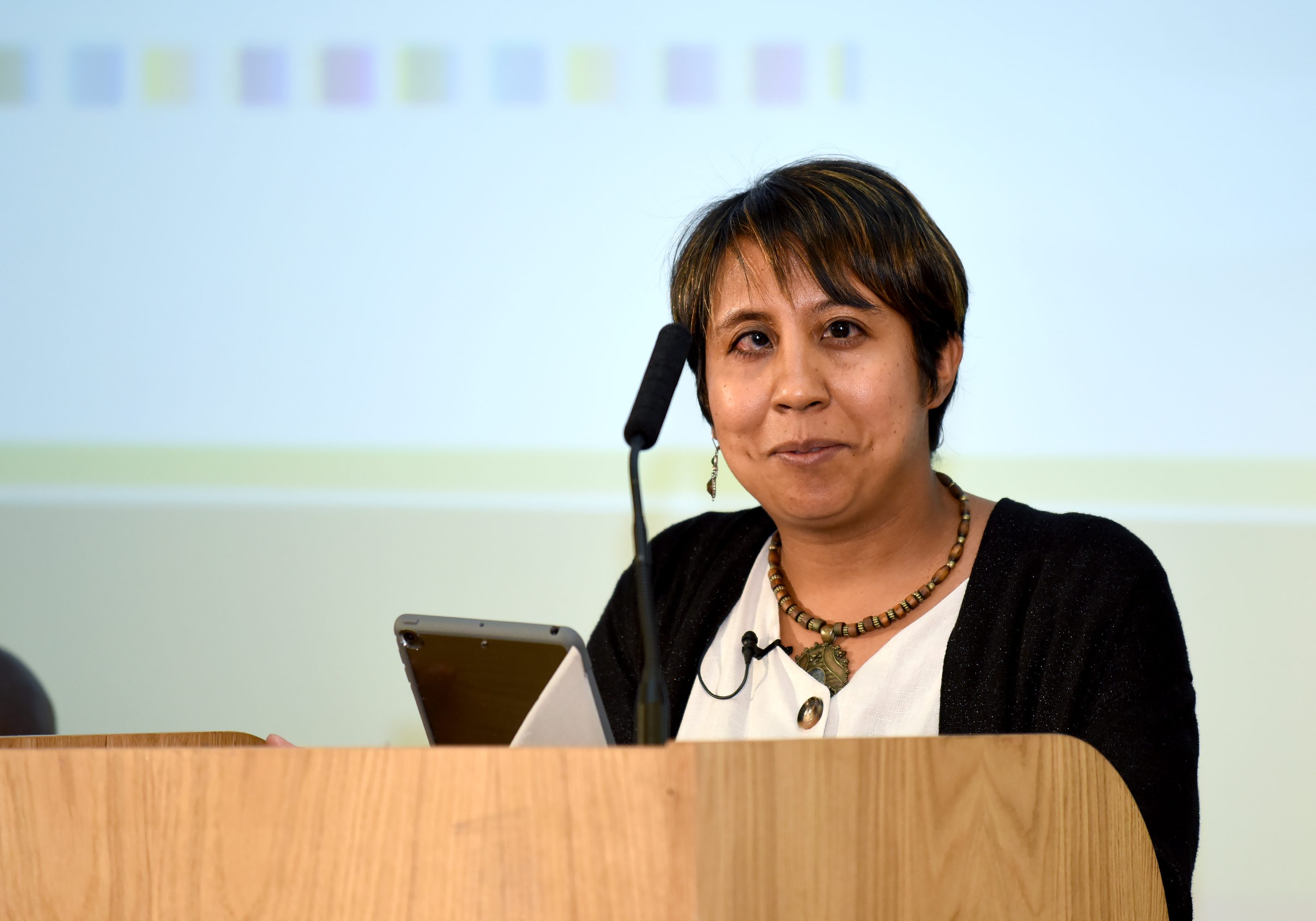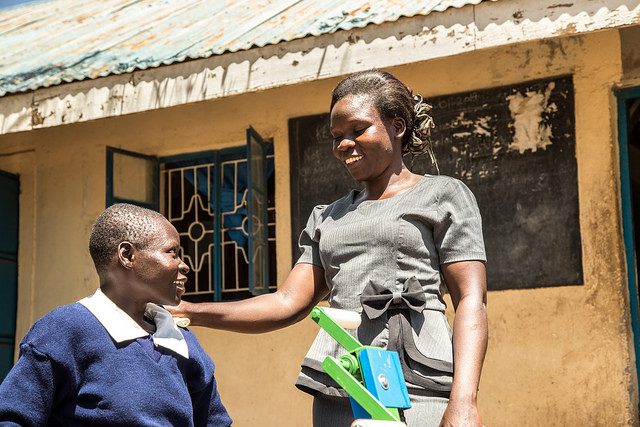Interview with theme co-convenors of one of six 2019 UKFIET conference themes,, ‘Future directions in inclusive education systems’: Dr Ricardo Sabates from the Faculty of Education and member of the Research for Equitable Access and Learning (REAL) Centre, University of Cambridge, and Shrochis Karki, Consultant and Education Systems Manager at Oxford Policy Management.
What excites you about the theme of ‘future directions in inclusive education systems’?
Supporting educational systems to reach the most marginalised should be one of the key areas of focus if improvements in learning are to be achieved. This applies not just to children who are in schools and not learning, but also to children who still require additional forms of support or alternative educational provision. The vast majority of children from disadvantaged backgrounds are in state-sponsored education, so the focus must remain on the system of education to ensure meaningful support at scale.
Additionally, there are unregulated, low-fee education providers in a so-called ‘private sector’, who provide education to a significant number of children. Yet, often, their learning levels can be far below the expected standards for children, all of whom deserve good quality education. This issue calls for improvements in support and oversight, so the state can hold low-cost, private education providers accountable.
Finally, the education system also has a duty of care to help children overcome factors such as cost, lack of provision, poverty, disability, or conflict, which keep them out of school and unable to access education. There is growing acknowledgment that these challenges are complex and interrelated, and piecemeal, singular approaches are unlikely to be enough to address them. Therefore, this theme of the 2019 UKFIET conference provides an exciting opportunity to discuss and hopefully begin to address the challenges faced by education systems, including for those who are not currently served appropriately or adequately by the system.
How does your theme link to the overall 2019 conference theme of inclusive education systems?
Moving towards progress in achieving SDG 4, in particular to eliminate educational disparities, requires new thinking about the way in which we can achieve “learning for all”. For this reason, the conference focuses on understandings of inclusive policy and practice, whether in peace or conflict; the role of financing; and the perceptions of different actors for achieving an educational system that serves the learning needs of all children. Many presentations will provide interesting and insightful theoretical frameworks for understanding complex systems, and the role of the actors within this system.
In this theme, we have the space to reflect and think about the future of educational systems, adaptations of the system to include skills required for the future world of work, the role of technology and artificial intelligence (AI), and mechanisms to support different actors so that children’s cognitive potential and well-being are realised. The focus on a systems approach allows for particular breadth and flexibility to link and explore the interrelationships between the various themes of the conference.
What kind of papers would you like to see submitted under your theme?
- How do we enhance learning at scale?
- What are the policy recommendations for supporting equitable learning?
- What are the lessons for current educational practice to ensure that all children are included?
- How can we move beyond singular programmes and interventions to ensure systems thinking in education policy and practice?
Answers to these questions require an understanding of the current economic, sociocultural, and political contexts within which learning takes place. These questions push researchers and practitioners to think about the current system of education in order to situate the proposed changes which we expect will ultimately provide new ideas and solutions. Recommendations of research cannot be proposed in isolation, nor do they conform only to the status quo. It is for this reason that this theme particularly welcomes new ideas that are emerging from research.
We thus encourage papers that are theoretical “to provide new conceptual clarity to systems’ research”; methodological “to enhance our ability to understand the system”, and/or aspirational “to focus on the role of future skills and technologies”, all with the intention of achieving inclusive learning for all children. We welcome other innovative ideas as they emerge, and hope that this theme provides a comprehensive platform for discussing the future of inclusive educational systems.








How these envisions of systemic inclusive flux translate to the impoverished Sub Sahara Africa classrooms and the disjointed north-south development partnership, needs deliberation in the context of UK or EU development funding.
By inclusive education system I also mean to include the mother tongue of the marginalized children in their education and is to instruct the students in their mother languages at least at the early grades.